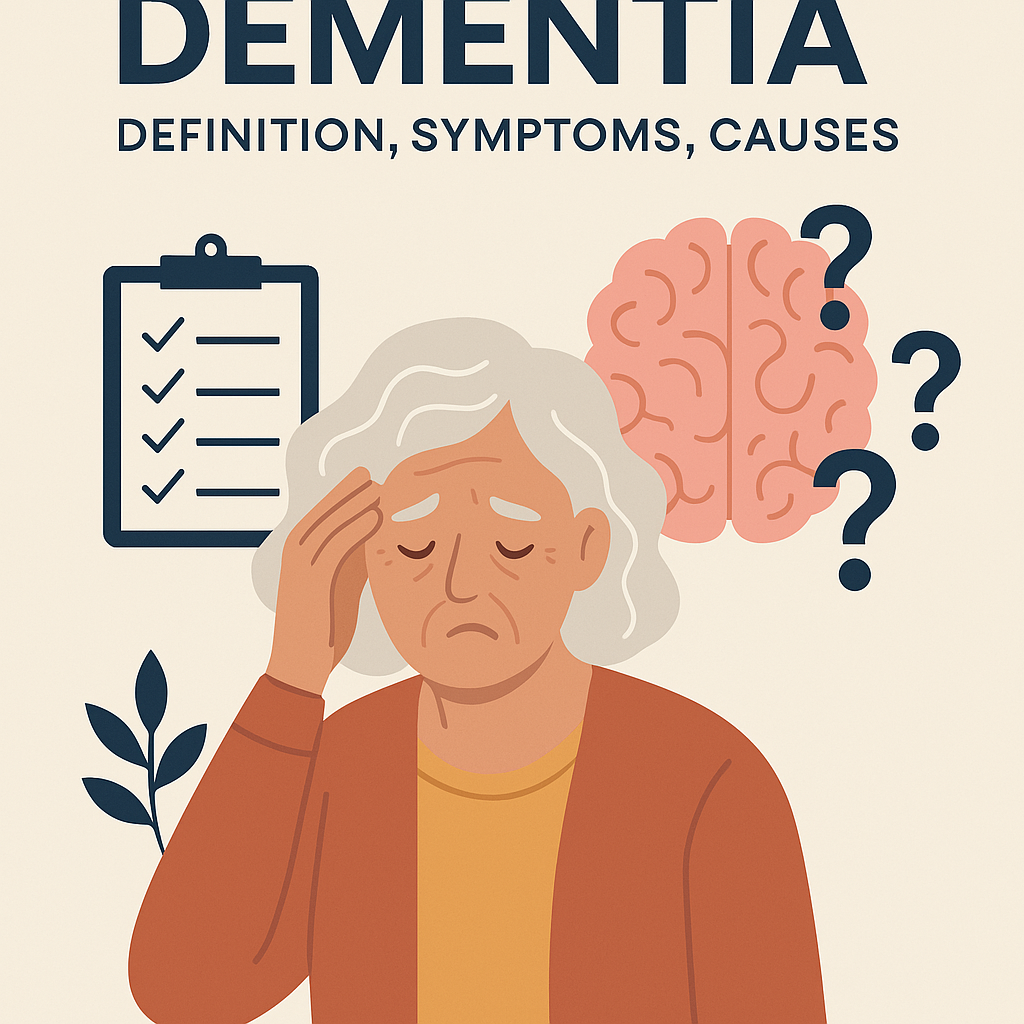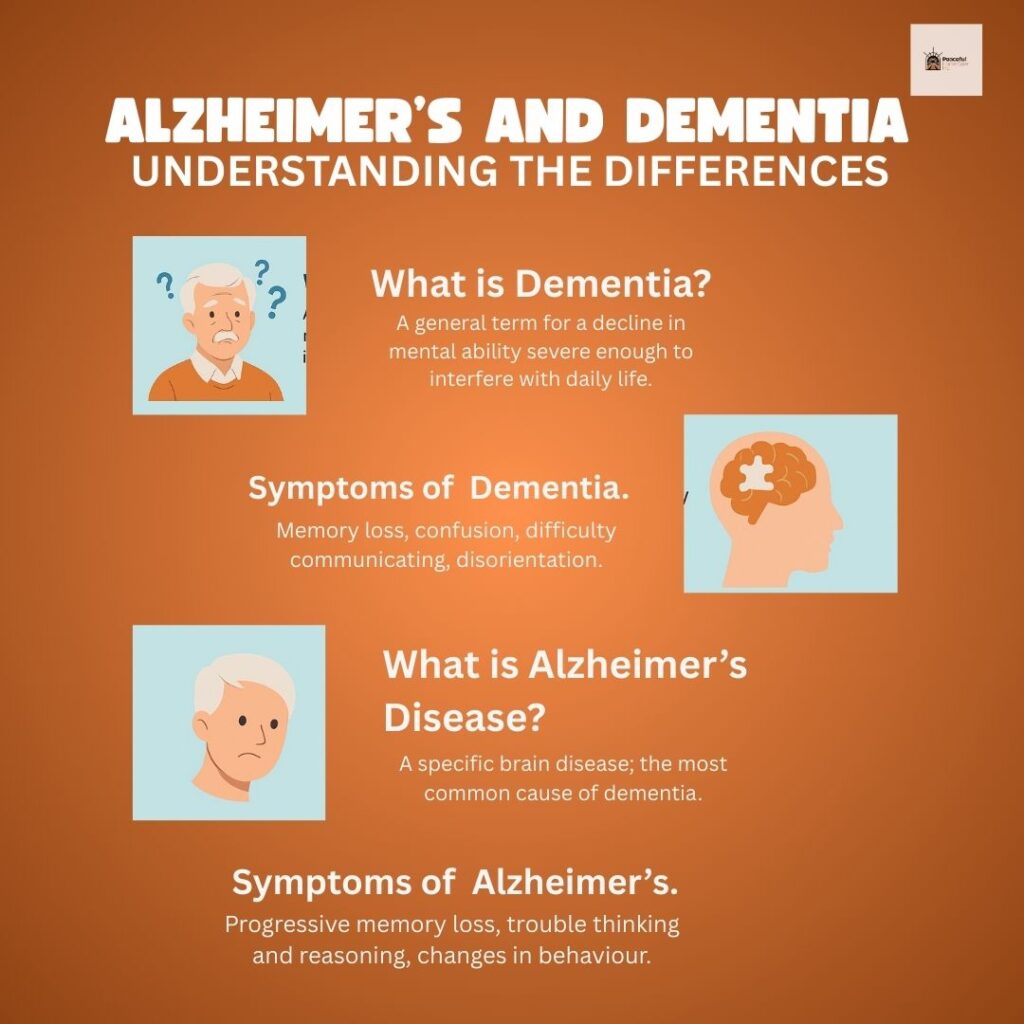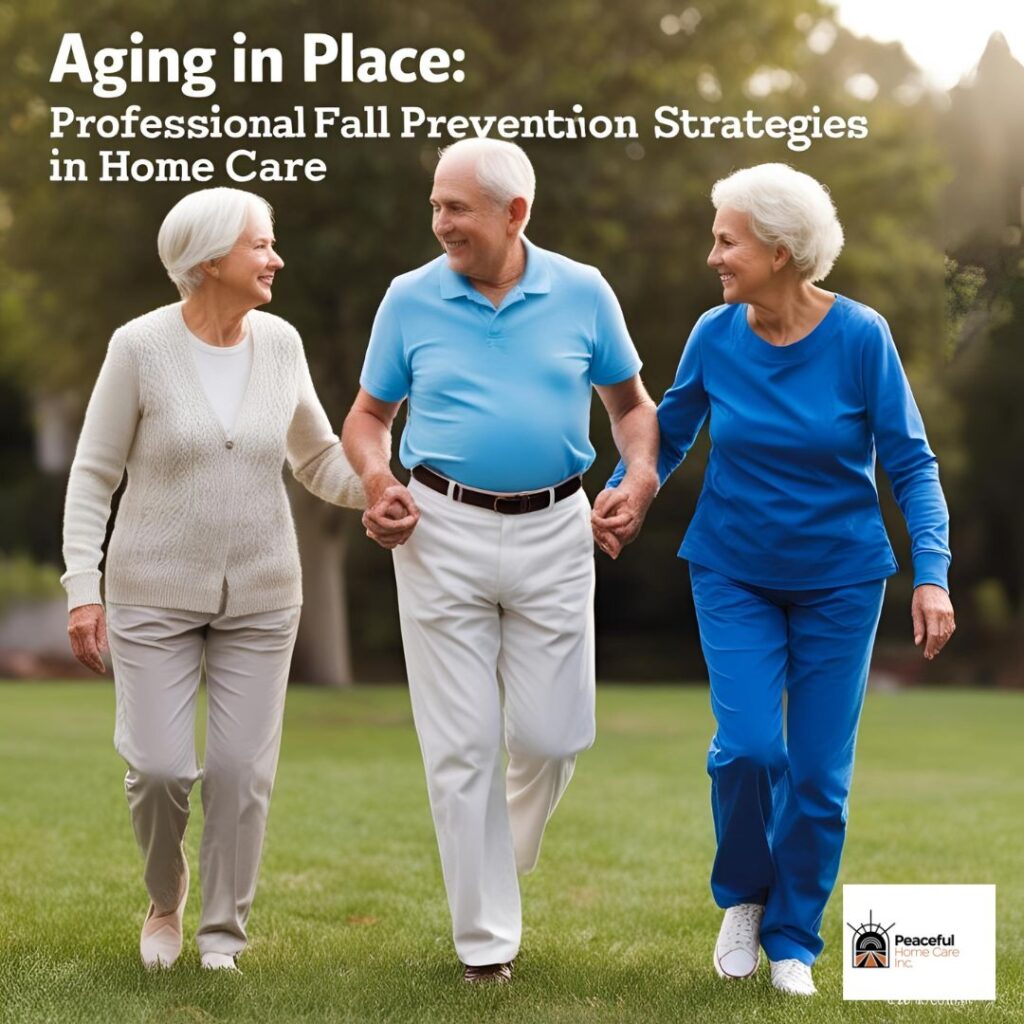Alzheimer’s and dementia diseases are life-altering conditions that affect millions of families across the globe. As the population ages, understanding these cognitive disorders has never been more important. Whether you’re a family member, caregiver, or healthcare professional, being informed is the first step toward compassionate care. As our loved ones age, understanding these conditions becomes crucial for providing compassionate and effective care. November is National Alzheimer’s Disease Awareness Month—an important opportunity to shed light on a condition that is often misperceived as untreatable. Alzheimer’s disease (AD) is the sixth leading cause of death in the United States, but dementia from Alzheimer’s continues to be underdiagnosed and underreported. In fact, according to a U.S. survey conducted by the Alzheimer’s Association, almost half of patients with AD are already in the moderate to severe stages by the time they are diagnosed. This lack of attention to the early stages of Alzheimer’s is unfortunate, because there are things we can do to help those who are starting to experience memory loss and support the people who are caring for them.
What is Dementia?
Dementia is not a specific disease but a general term for the impaired ability to remember, think, or make decisions that interferes with daily activities. As changes in the brain progress, declines in thinking skills, reasoning and behavior affect a person’s ability to function independently. It’s most common among older adults. Common types include:
- Alzheimer’s disease.
- Vascular dementia.
- Lewy body dementia.
- Frontotemporal dementia

What is Alzheimer’s Disease?
Alzheimer’s disease is the most common cause of dementia, accounting for 60-80% of cases. Symptoms usually first appear in people older than 65. There’s no cure, but medications may manage symptoms and slow its progression.. A few conditions that cause symptoms of dementia are reversible, but most types of dementia, like Alzheimer’s, cause permanent brain changes, and worsen over time. It is a progressive neurological disorder that slowly destroys memory and thinking skills.
Early Signs of Alzheimer’s:
- Memory loss that disrupts daily life
- Difficulty completing familiar tasks
- Confusion with time or place
- Trouble understanding visual images
- Misplacing items
Early detection of Alzheimer’s can significantly impact quality of life and care planning. People with memory loss or other Alzheimer’s symptoms may have difficulty recognizing changes in their own mind and body. These signs may be more obvious to loved ones and symptoms will get noticeably worse over time (a progressive decline). Memory issues from AD are different and more serious than occasionally forgetting where you left your phone or wondering if you locked the door when you came home-alzheimer’s disease can make it hard for one to speak, read or understand language. You may Say or use the wrong word, Communicate or talk less than you used to, Mix-and-match languages (if you speak more than one), Revert to speaking in the language you spoke most when you were growing up
Differences Between Alzheimer’s and Dementia.

- Dementia is a syndrome, not a disease.
- Alzheimer’s is a specific brain disease that is a type of dementia.
Alzheimer’s disease (AD) is the sixth leading cause of death in the United States, but dementia from Alzheimer’s continues to be underdiagnosed and underreported. In fact, according to a U.S. survey conducted by the Alzheimer’s Association, almost half of patients with AD are already in the moderate to severe stages by the time they are diagnosed. This lack of attention to the early stages of Alzheimer’s is unfortunate, because there are things we can do to help those who are starting to experience memory loss and support the people who are caring for them. Although a cure does not yet exist, available treatment options can help to slow down the progression of symptoms, especially if diagnosed early.
Alzheimer’s disease (AD) is the sixth leading cause of death in the United States, but dementia from Alzheimer’s continues to be underdiagnosed and underreported. In fact, according to a U.S. survey conducted by the Alzheimer’s Association, almost half of patients with AD are already in the moderate to severe stages by the time they are diagnosed. This lack of attention to the early stages of Alzheimer’s is unfortunate, because there are things we can do to help those who are starting to experience memory loss and support the people who are caring for them. Although a cure does not yet exist, available treatment options can help to slow down the progression of symptoms, especially if diagnosed early. Understanding the distinction between Alzheimer’s and dementia diseases helps in choosing the right care approach and treatment plan.
Stages of Alzheimer’s Disease.
Understanding the stages of Alzheimer’s can help families prepare and adapt care. They start from:
- Mild (Early Stage): Memory lapses, trouble with names, losing things
- Moderate (Middle Stage): Confusion, changes in personality, difficulty with daily tasks
- Severe (Late Stage): Loss of physical abilities, need for full-time care, inability to communicate
Risk Factors & Causes.
Key risk factors include:
- Age (65+)
- Family history
- Cardiovascular health
- Traumatic brain injury
- Poor lifestyle habits (diet, exercise)
Prevention strategies include staying active, eating a heart-healthy diet, and engaging in mental stimulation.
How Home Healthcare Can Help.
Home healthcare services provide personalized, compassionate support for individuals living with Alzheimer’s or other forms of dementia. Professional caregivers assist with:
- Medication reminders
- Meal preparation and feeding
- Personal hygiene and grooming
- Mobility support
- Companionship and emotional care
Care Options for Alzheimer’s and Dementia.
Home healthcare plays a crucial role in supporting individuals with Alzheimer’s and dementia diseases. Services may include:
- Medication management
- Companionship and emotional support
- Meal preparation and nutrition monitoring
- Personal hygiene and mobility assistance
Peaceful Home Healthcare offers specialized Alzheimer’s and dementia care with trained caregivers who understand the challenges and sensitivities involved.
Tips for Families and Caregivers.
- Create a structured routine to minimize confusion.
- Communicate simply and clearly.
- Ensure home safety by removing trip hazards.
- Join a support group to connect with others.
- Take care of yourself – caregiver burnout is real.
When to Seek Professional Help.
If your loved one is:
- Frequently confused or agitated
- Wandering or getting lost
- Forgetting to take medications
- Struggling with hygiene and eating
It might be time to consider professional in-home Alzheimer’s care to ensure safety and well-being.
Facing Alzheimer’s or dementia is never easy, but with the right knowledge and support, families can provide comfort, dignity, and love. Peaceful Home Healthcare is here to walk that journey with you, offering compassionate, skilled care that adapts to your loved one’s changing needs.




